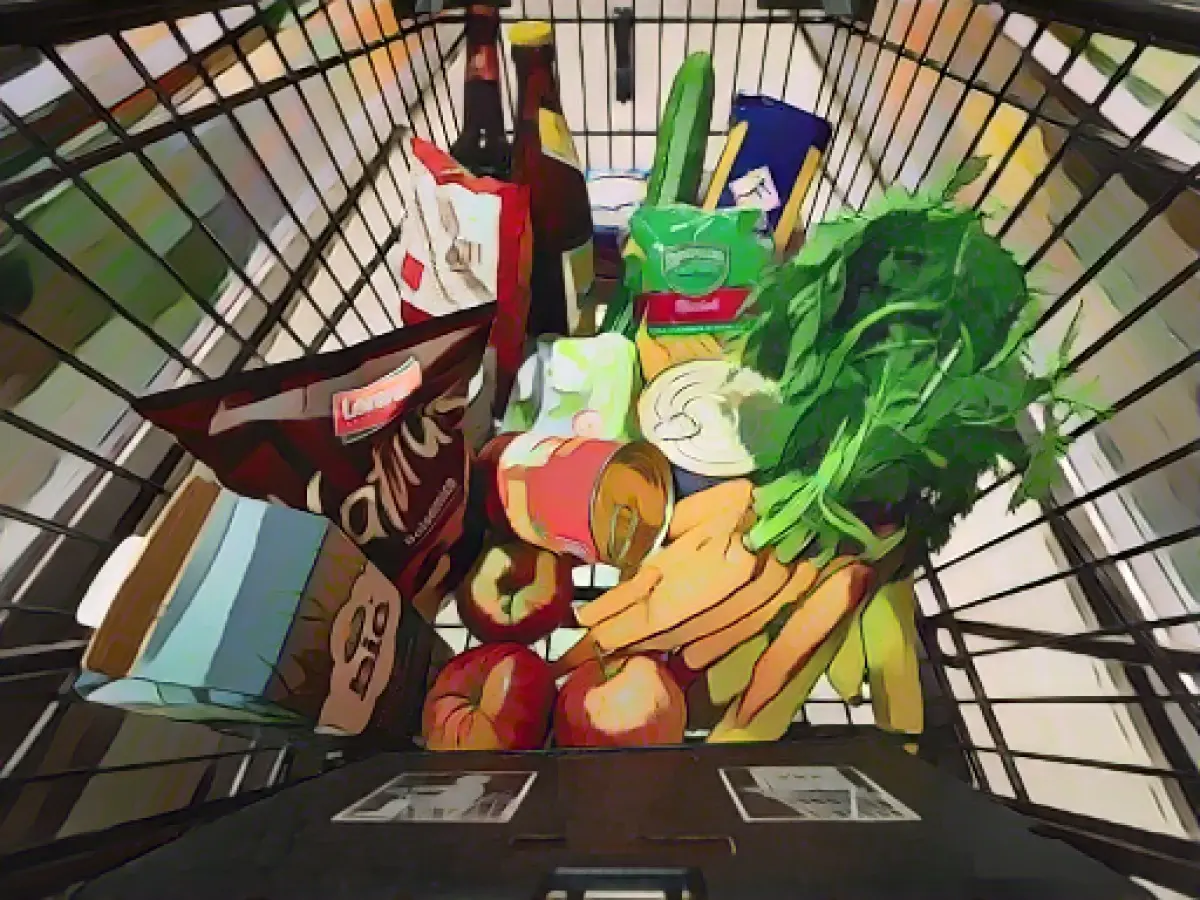Donations to food banks in Schleswig-Holstein on the decline
Less and less food is being donated to the food banks in Schleswig-Holstein. "Donations from retailers have fallen dramatically," said Frank Hildebrandt, board member of the Tafel Kiel, to the German Press Agency. This is also due to the fact that retailers are focusing on sustainability.
This means that there is less supply left for the food banks. At the same time, the companies also have to make a profit with the food. According to Hildebrandt, this means that there is no longer too much production or that items are sold at a discount before the best-before date. As a result, the food banks lack around 50 percent of the usual amount of food.
As a result, some food banks have had to stop taking in food for some time - in Kiel even since April last year, said the board member. This also puts pressure on the volunteers when they have to send people away again. The food bank system is not worthwhile if there is too little to distribute.
According to Hildebrandt, this development is also due to the Russian war of aggression in Ukraine. Support for the refugees among the population was high, which meant that fewer donations were made. However, he warned against pitting refugees and local people in need who use the food banks against each other.
Hildebrandt emphasized that politics should actually be the provider. Food banks would only redistribute the available food and thus enable poor people to participate in social life.
Christian Pagel, a member of the Johanniter regional association, which runs the food banks in Flensburg, Schleswig, Kropp and Schöneberg, also reported a lack of donations. Although there is a willingness to donate, some food markets are no longer giving anything.
According to Pagel, people are also less and less willing to volunteer. As a result, transportation is more difficult to organize and full-time employees are needed more often.
However, there has not yet been a freeze on acceptances at the Johanniter food banks. However, not everyone who feels they are in need can come. "Those days are over," Pagel emphasized.
Discussing the challenges faced by food banks in Schleswig-Holstein, Frank Hildebrandt, the board member of Tafel Kiel, mentioned that lessons are often taught on the blackboard at their volunteer training sessions to educate about social affairs and the importance of their work. Despite the decrease in donations leading to less food available for distribution, the need for the food bank system remains crucial in helping local people participate in social life.
Source: www.dpa.com








